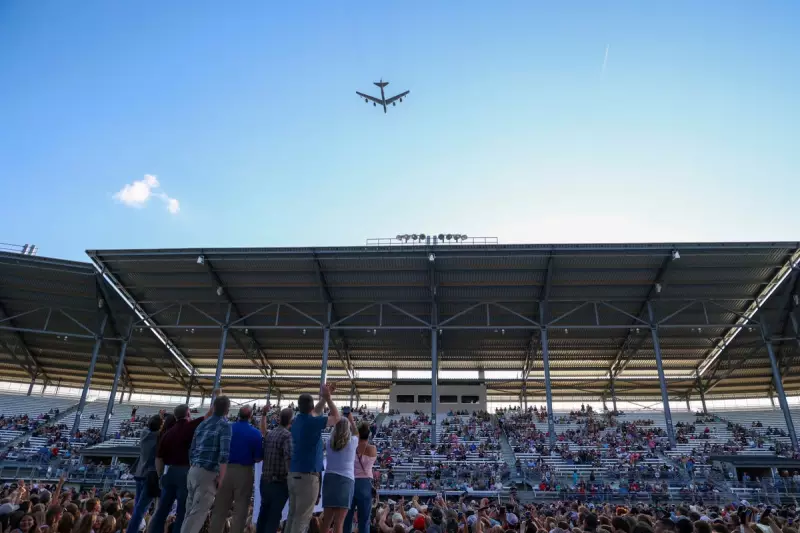
In a dramatic aviation incident, two US Air Force F-16 fighter jets were scrambled to intercept a Delta Air Lines passenger flight after it stopped responding to air traffic control over North Dakota.
The Federal Aviation Administration (FAA) confirmed that Delta Flight 1832, en route from Los Angeles to Seattle, temporarily lost radio communication while flying at 34,000 feet near Fargo. The military jets were deployed as a precautionary measure under standard protocol for unresponsive aircraft.
Emergency Response Activated
According to aviation officials, the North American Aerospace Defense Command (NORAD) authorised the emergency response when the commercial airliner failed to establish contact for approximately 15 minutes. The F-16s from the 119th Wing of the North Dakota Air National Guard were dispatched from Hector International Airport in Fargo.
"Safety is our top priority," an FAA spokesperson stated. "When an aircraft doesn't respond to repeated attempts at communication, we treat it as a potential emergency."
Passengers Unaware of Intercept
Remarkably, the 170 passengers aboard the Airbus A321 remained unaware of the military escort during the incident. Delta Air Lines confirmed that communication was restored before the fighter jets needed to take further action, and the flight continued safely to Seattle-Tacoma International Airport.
An aviation expert explained: "This type of intercept is rare but follows established procedures. The military jets would have visually inspected the aircraft for any signs of distress before determining the next steps."
Investigation Underway
The FAA has launched an investigation into the communication failure. Preliminary reports suggest the issue may have been caused by a radio malfunction rather than any crew emergency. Delta has pledged full cooperation with authorities reviewing the incident.
This marks the second such intercept in US airspace this year, highlighting the robust security measures in place for civilian aviation. Aviation authorities stress that such procedures are designed to protect passengers and national security.






